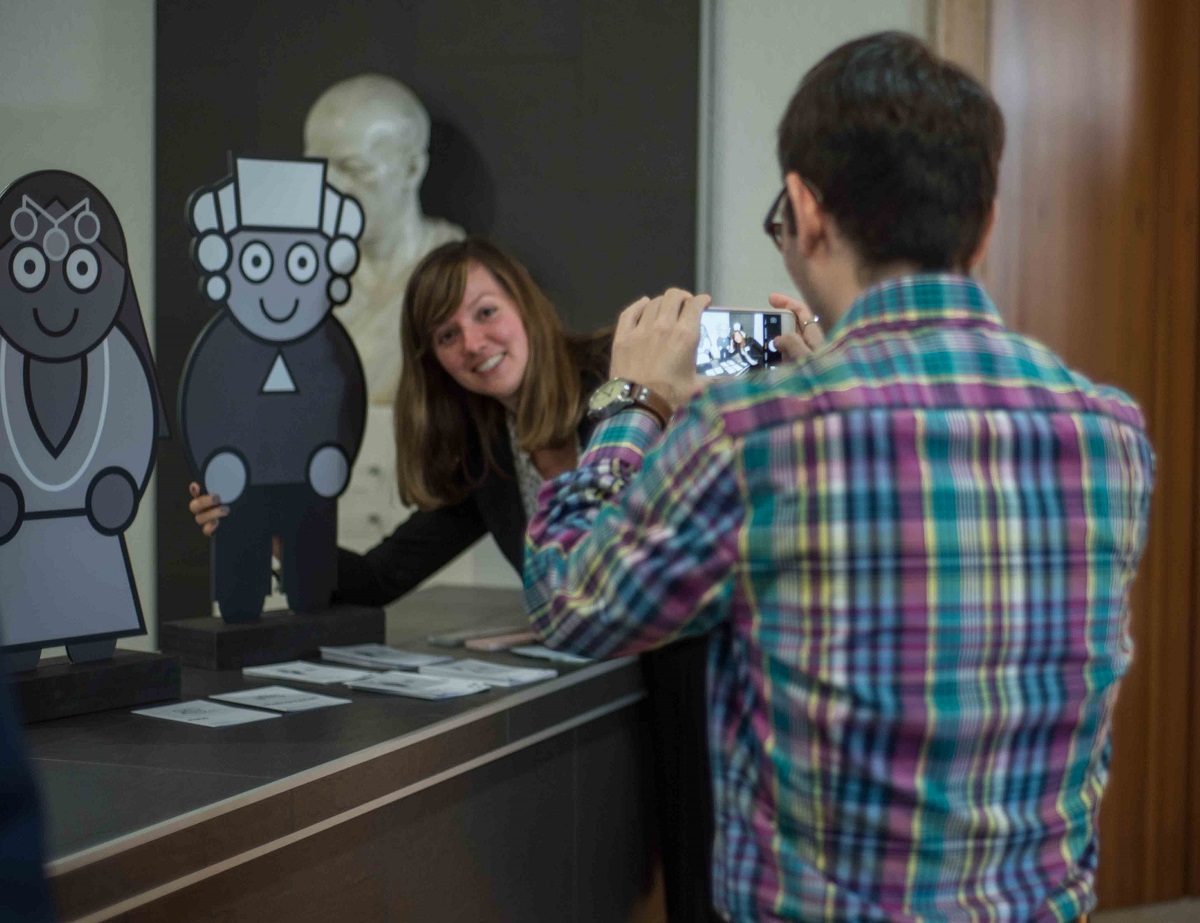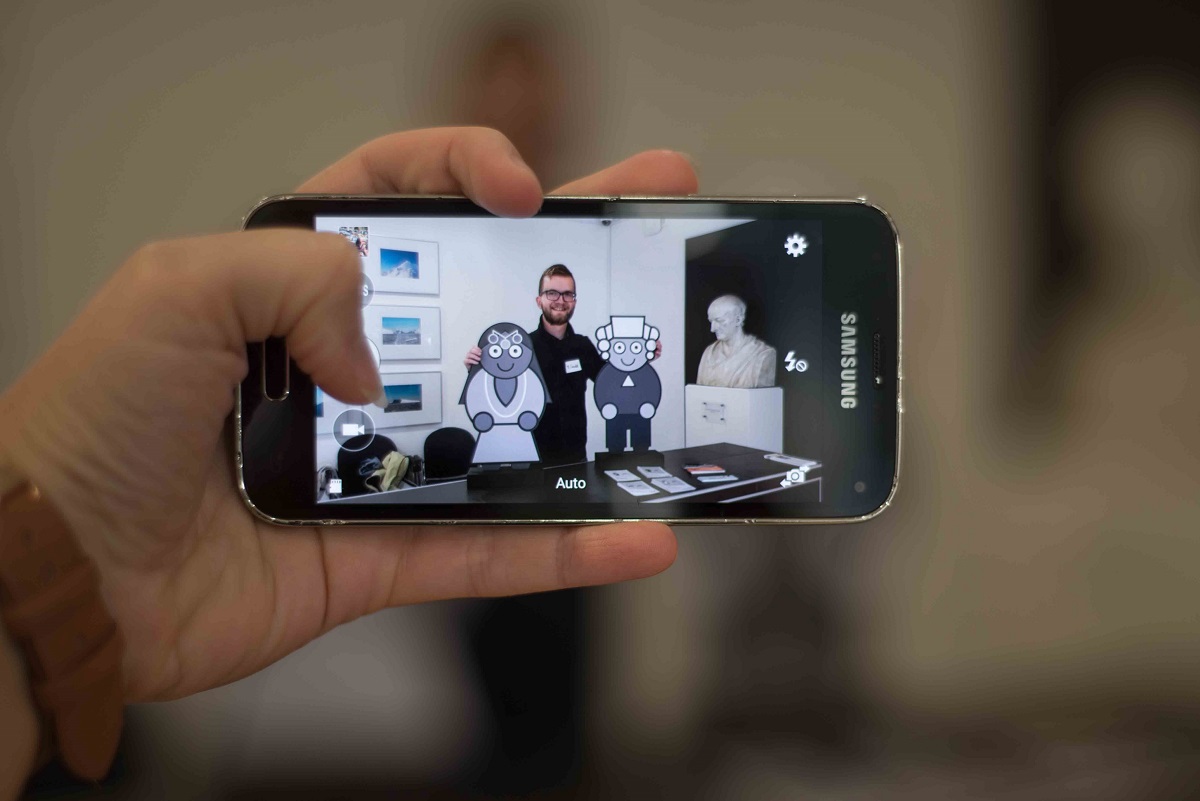Summary of the annual report 2017/2018
The annual report of the Mainz Centre for Digitality in the Humanities and Cultural Studies (mainzed) has been published for the third time in a row since its foundation in 2015 on 31 July 2018. The network of mainzed and its activites of the past year like research projects, the master's degree programme with its lecture series, its joint commitment to cover infrastructural requirements and its nationwide cooperations are presented here.
There are three main task fields which serve as a point of orientation for all activities of mainzed: mainzed's own research projects, its support of research and the offering of further qualification.
Research projects of mainzed
The research projects initiated by mainzed deal with aspects regarding cultural studies from the digital point of view. In 2017 and 2018 mainzed therefore has cooperated with infrastructure facilities, made progress as a Digital Humanities community, formulated a joint position regarding the dealing with research data and started working in two large-scale, innovative research projects developed by mainzed itself. In order to work collaboratively, mainzed and its partner institutions as well as students of the master's degree programme are in need of technical infrastructures. Hence, in the past year mainzed worked on different solutions for everyday research and teaching. One is the use of the software Gitlab (of which the Data Center of the University of Mainz created an own instance) for the purpose of administering software developments that are part of mainzed's projects. On top of that, mainzed engaged in finding an open software solution for a current research information system for all partner institutions which is currently configured by the Data Center. Here, mainzed operates as a contact, consultant and network of experts in order to support the creation of such information systems and takes the interests of many institutions as well as many disciplines of the humanities and cultural studies into account. In this context, mainzed and its partner institutions committed to following infrastructural requirements for conscious dealing with research data by agreeing to the mainzed-recommendations for dealing with research data in research, teaching and transfer.
In the past two years, an informal network of about 30 scientists has developed around mainzed. As a place of social exchange, mainzed made progress as a Digital Humanities community by creating and carrying out various events and formats in the past year. In September and December 2017 the mainzed-Community Day took place connecting the members of the network and serving as a platform for the exchange of ideas and projects. Furthermore, mainzed helped to expand the network of Digital Humanities in the Rhine-Main area by cooperating with (extra-university) institutions in cities like Darmstadt or Frankfurt and organised a Get Together event in September 2017 for scientists from all over the Rhine-Main area.
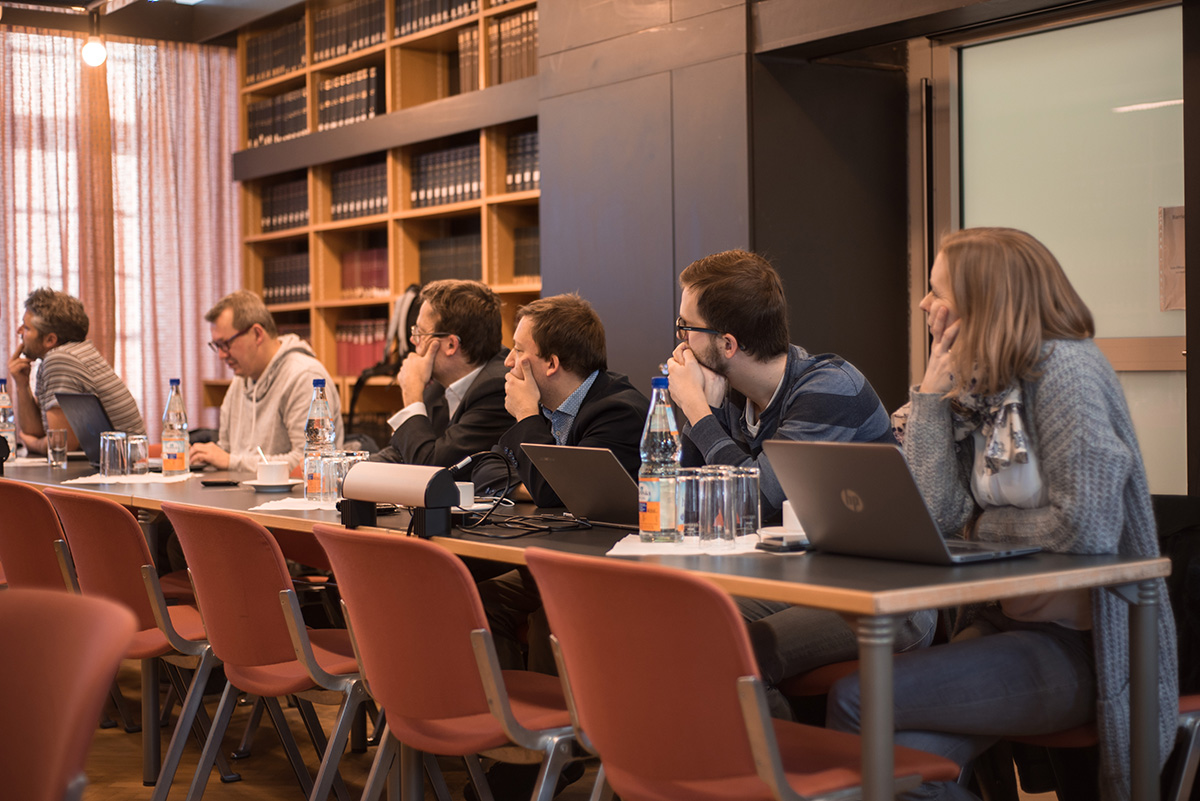
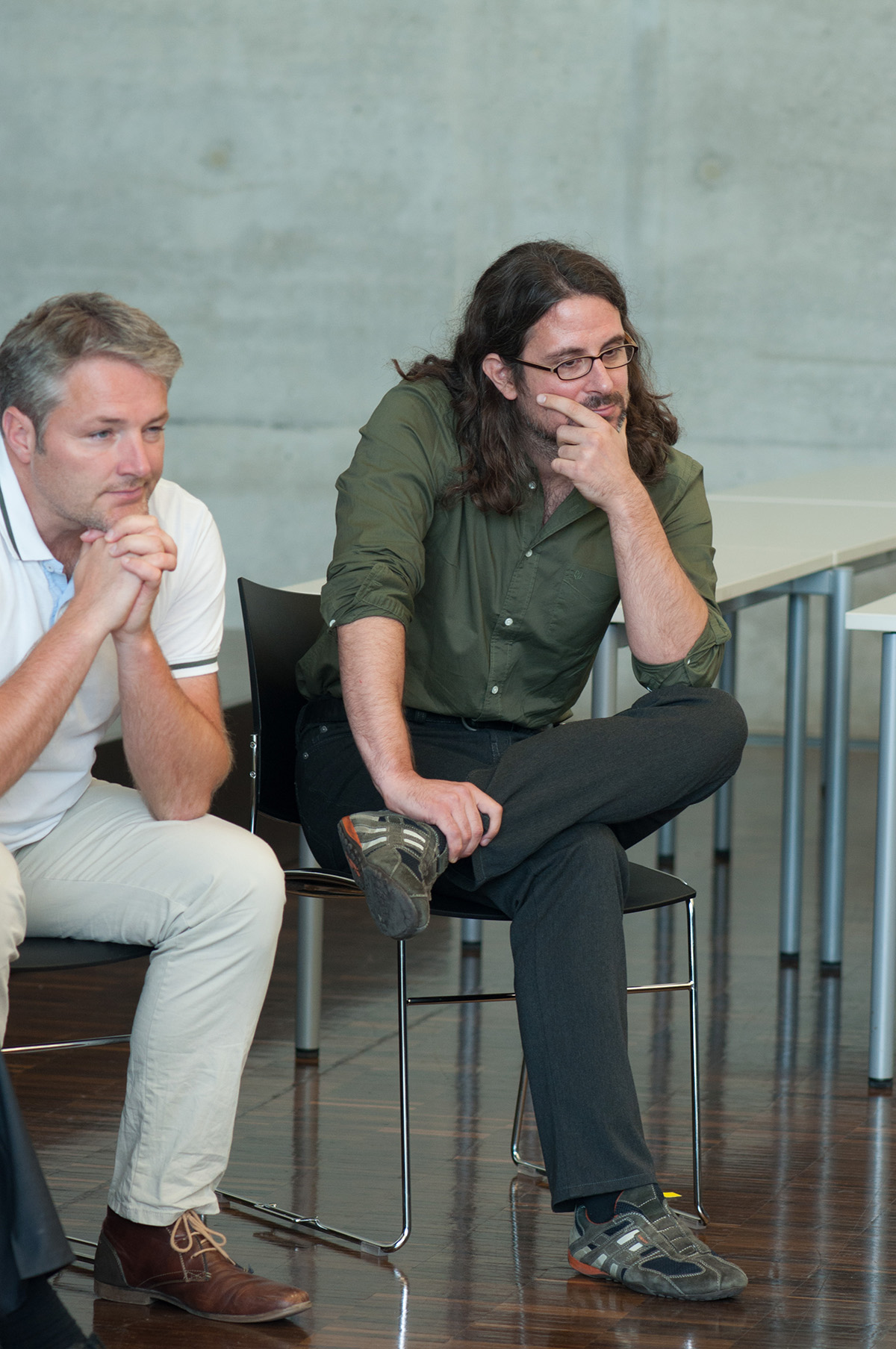
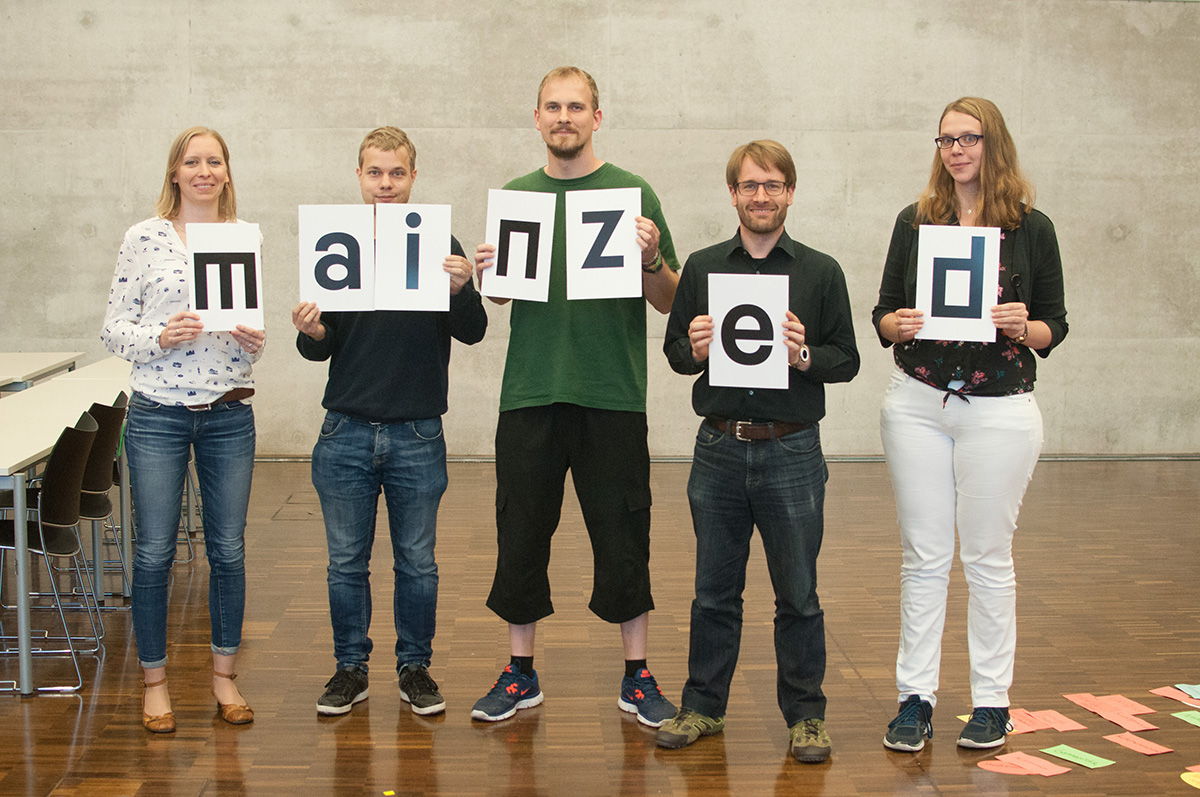
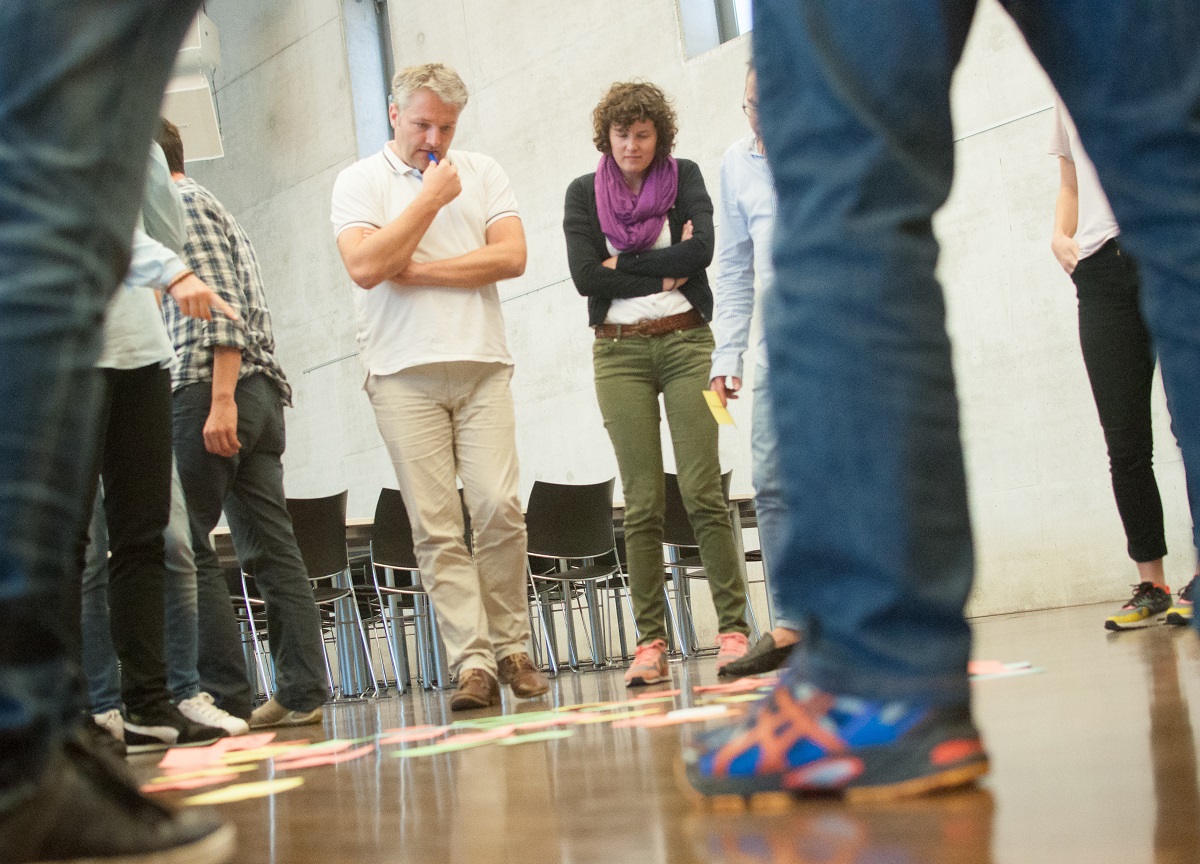
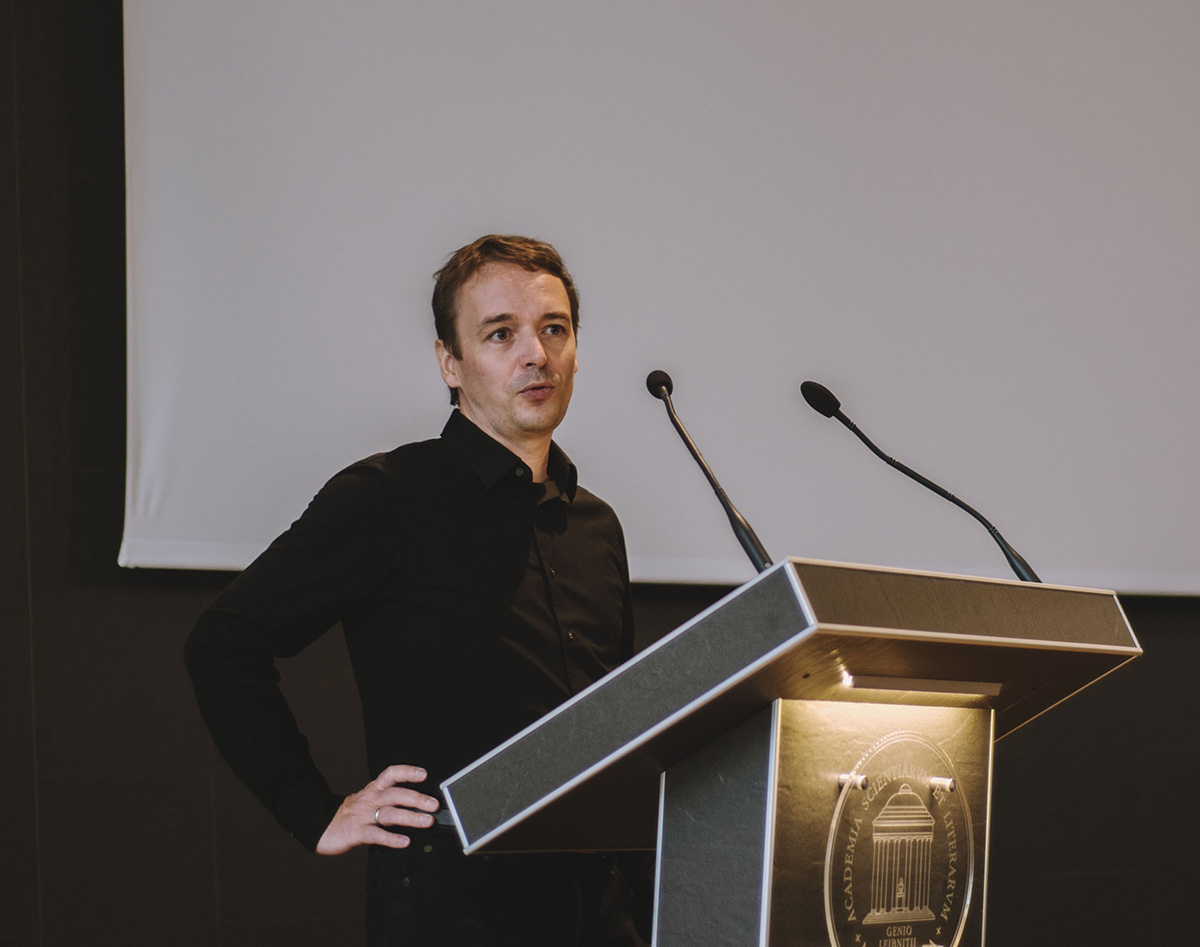
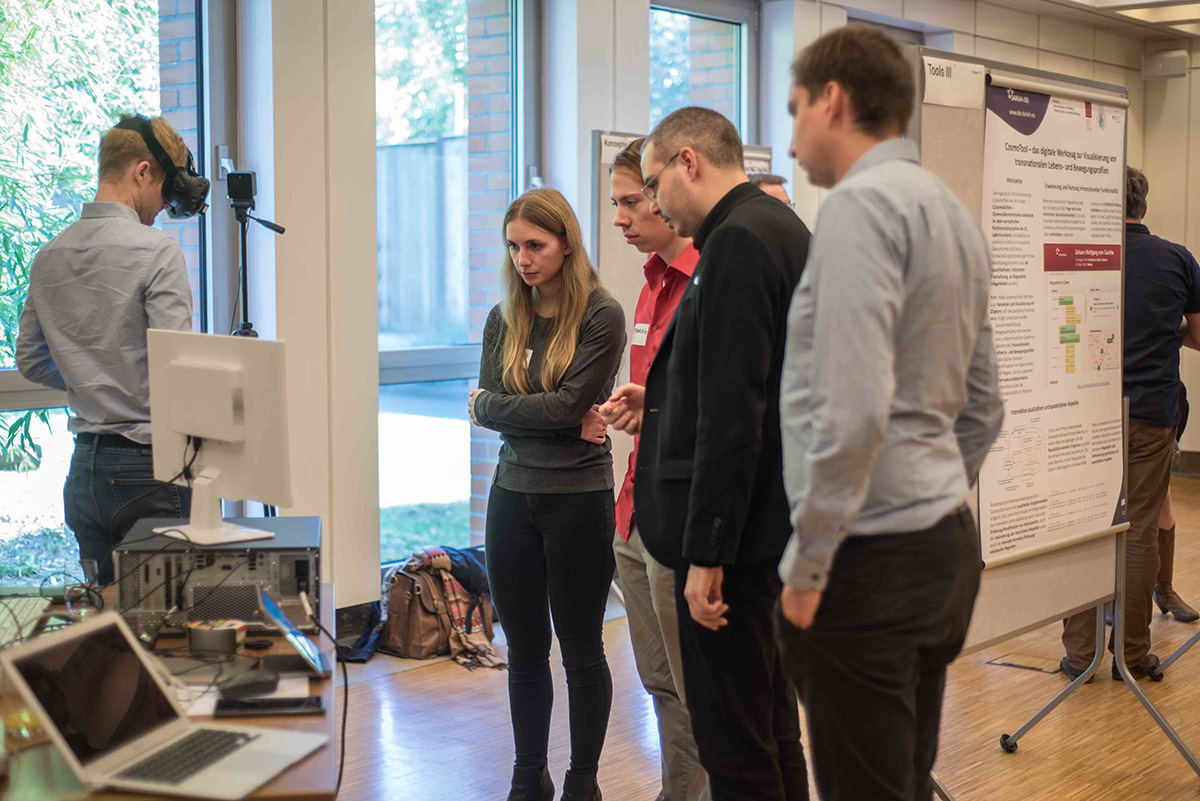
With regard to its own research, mainzed presents its two long-term research projects in the annual report: Die sozinianischen Briefwechsel and Humanist Computer Interaction auf dem Prüfstand. On top of that, mainzed cooperates in the research project Motion Bank conducted by the Institute for Design at the Mainz University of Applied Sciences and continues working on the projects Portal Kleine Fächer as well as the Heliopolis project. Networkers from mainzed continously work on their own projects like the development of the Academic Meta Tool. In the context of the organisation of the Dhd 2019, mainzed is currently working on a webapp called dhd2019.org.
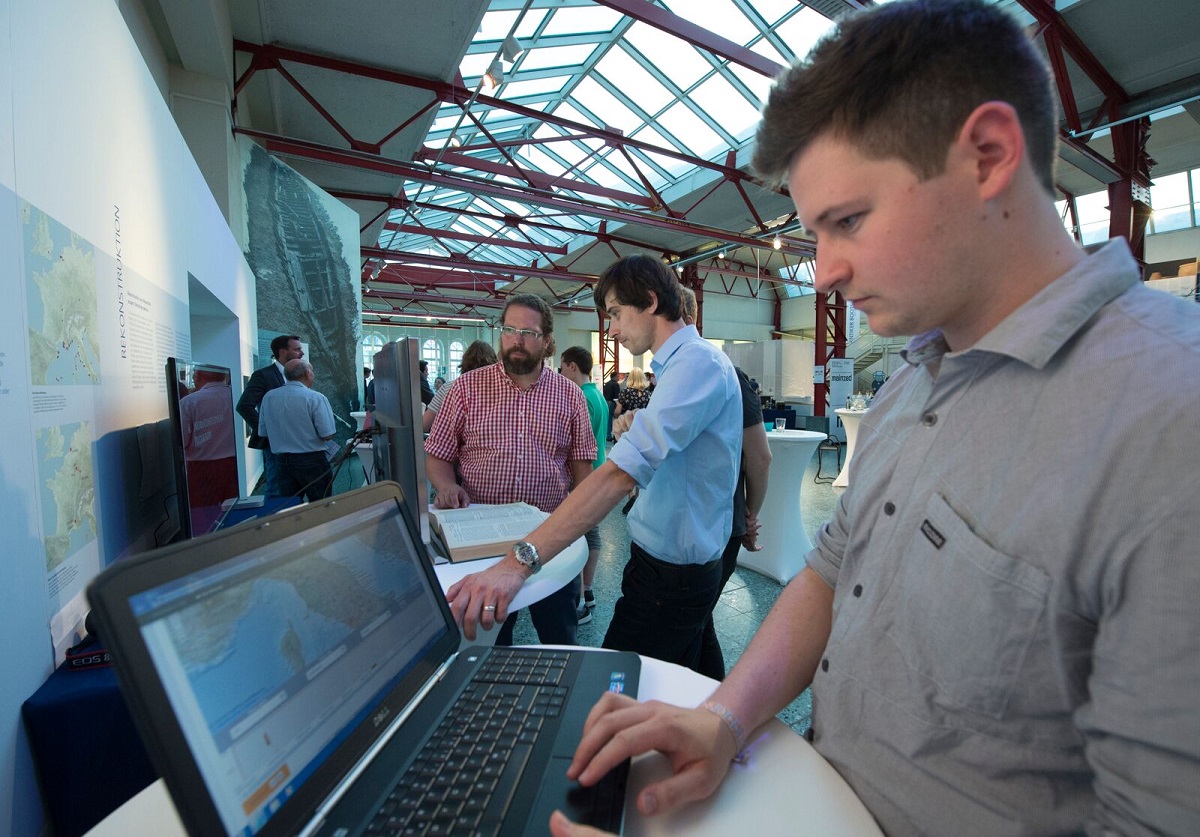
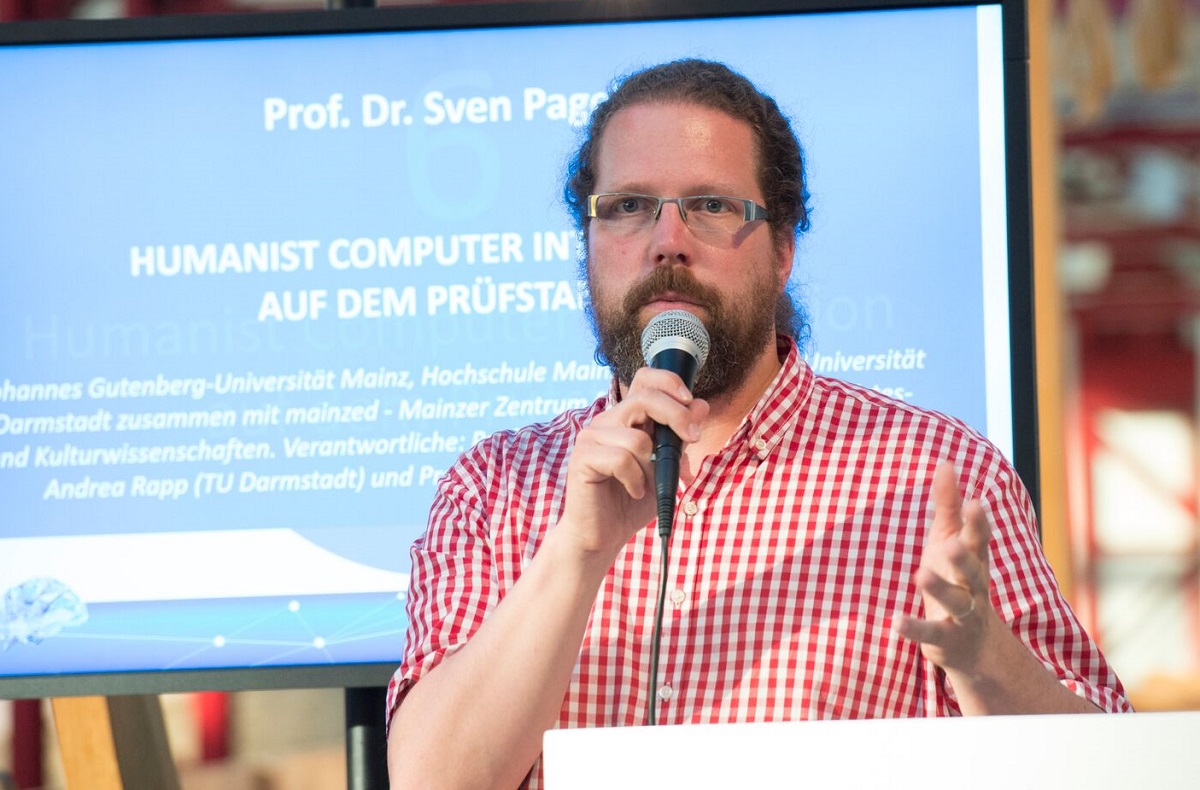
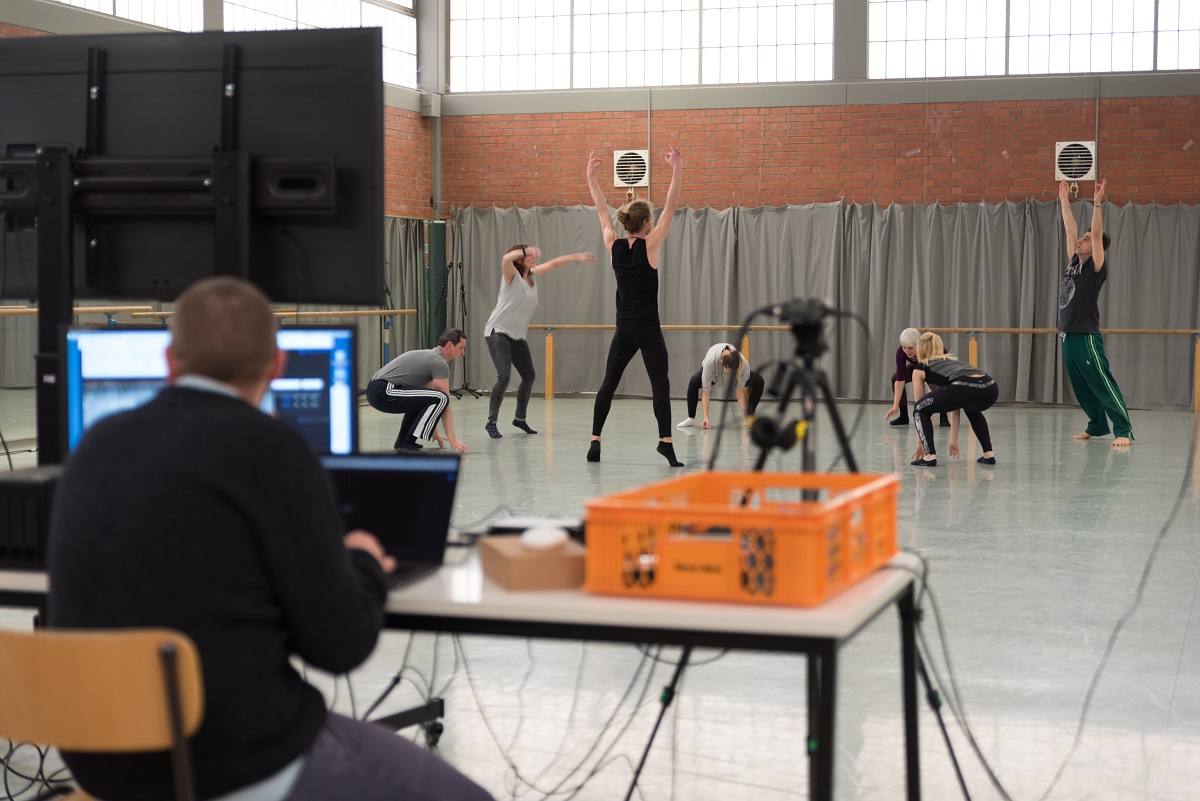

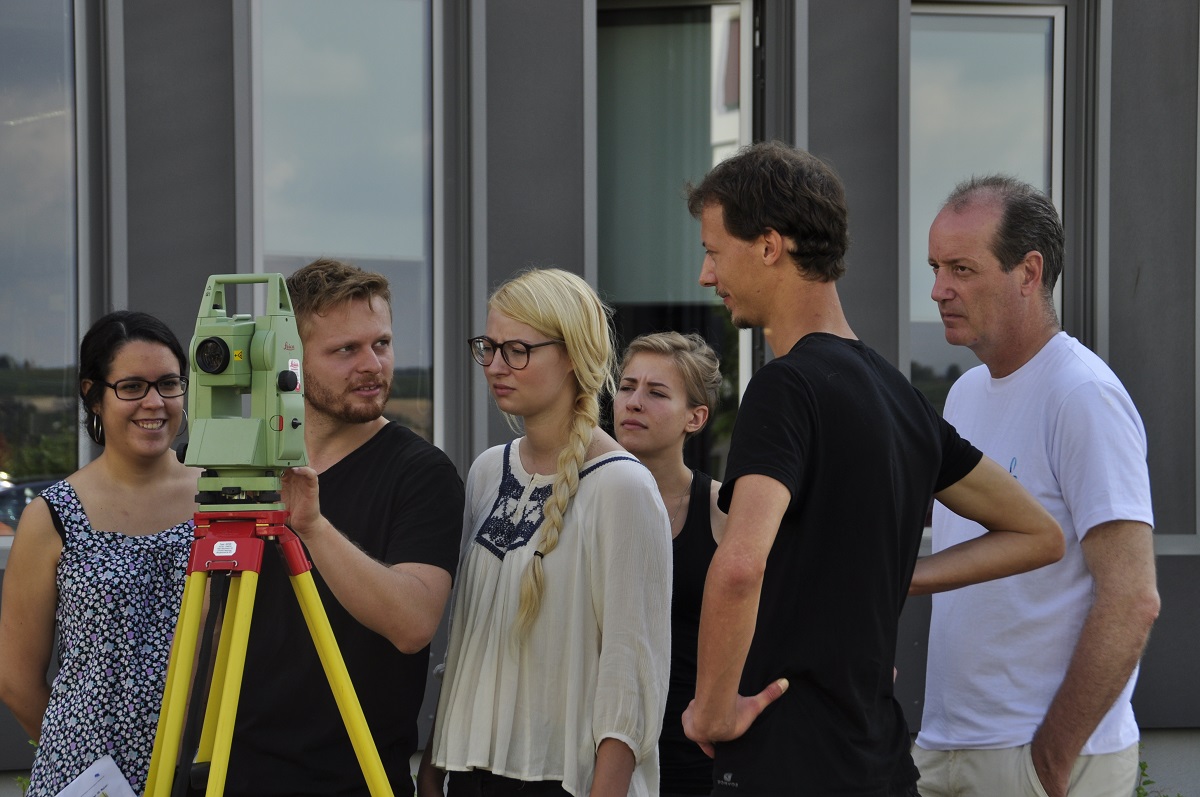
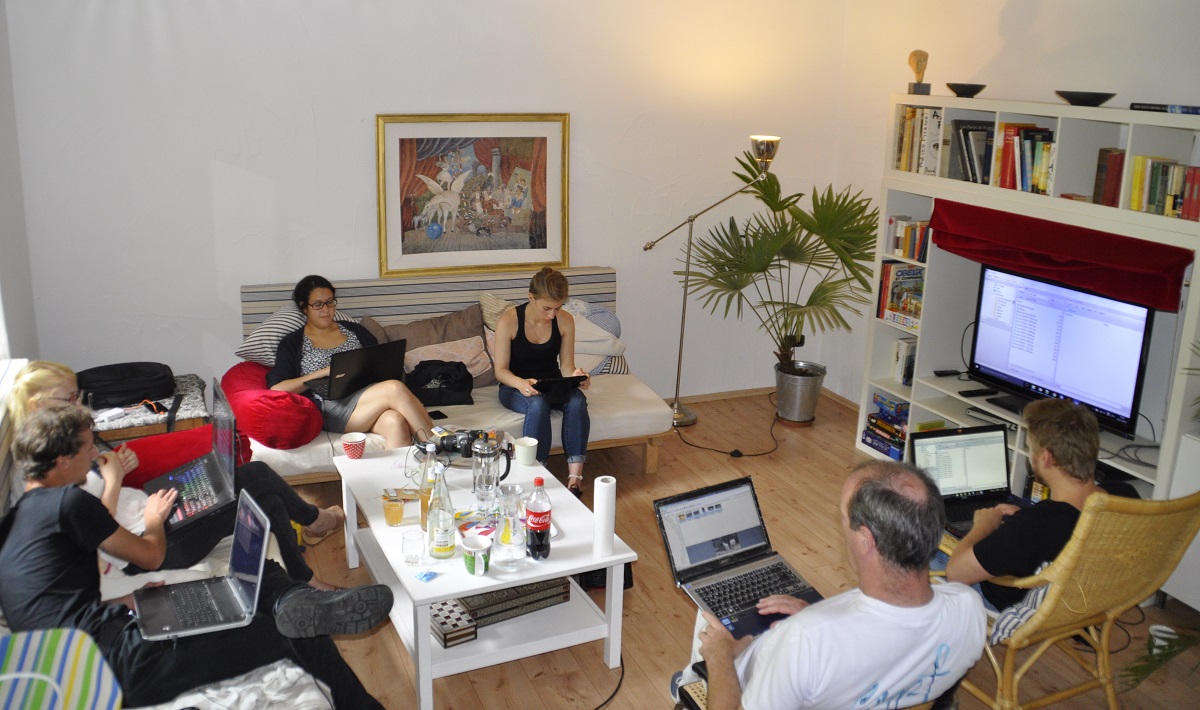
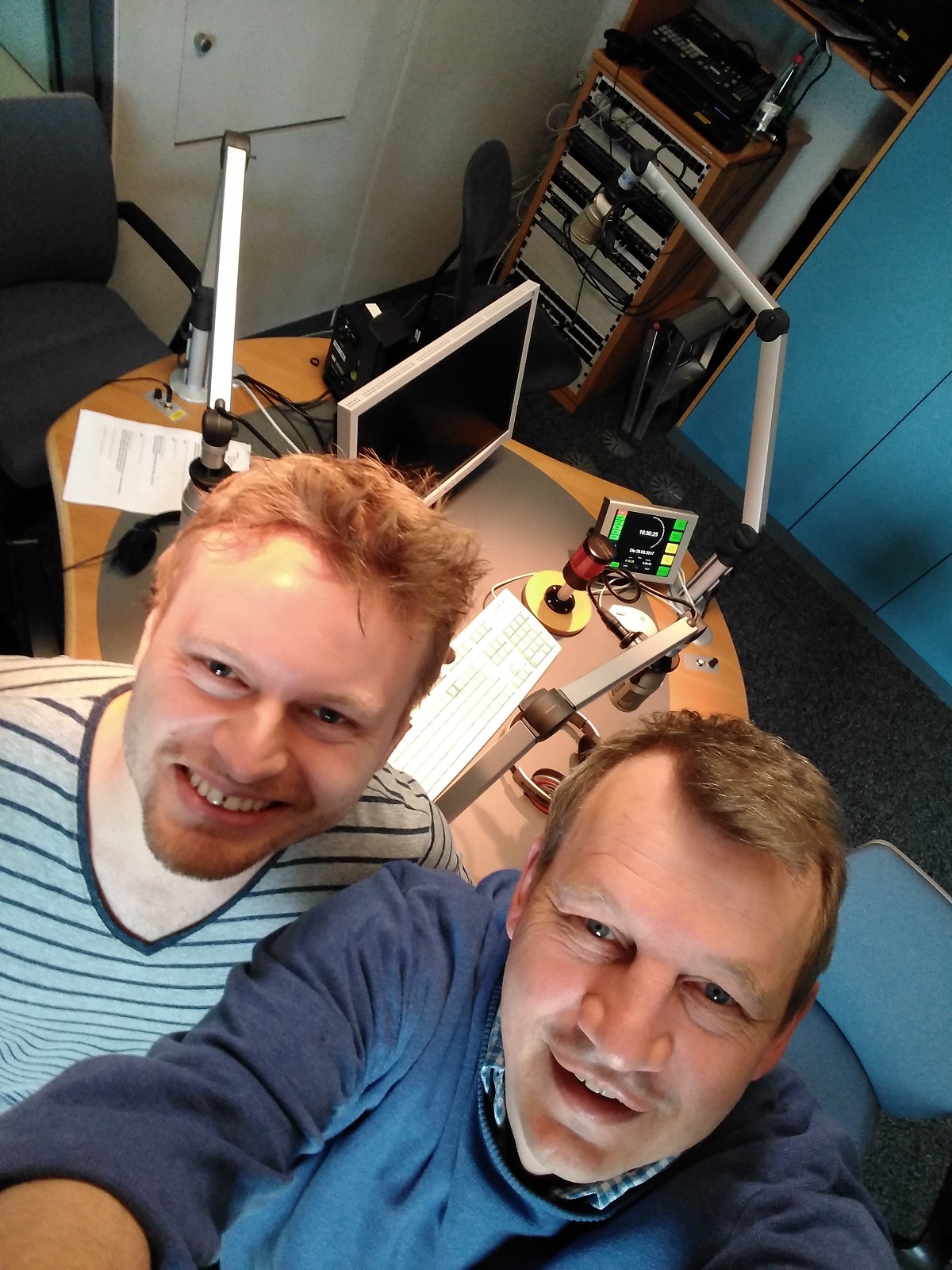
Support of research
Next to its own research projects, mainzed is also highly involved in supporting the development of digital research in the humanities and cultural studies. Here, mainzed functions as a mediator for the members of the network by offering opportunities for them to get into contact like various events as the Get Together or the lecture series.
For those scientists who are already working on their projects, mainzed helps with the implementation of digital methods, workflows and further tools. Furthermore, mainzed supports the development and preparation of applications for third-party funding. Scientists who want to carry out research projects in the area of Digital Humanities are assisted with the formulation of research questions and receives support regarding the tools and administration of their projects in advance.
In order to improve this offering, the Competence Team Research Data was founded in cooperation with the Data Center, the Research and Technology Transfer staff unit and the Library of the University of Mainz. Its aim is to provide information on programmes, contact persons and workshops of the university at one access point.
Qualification
In the context of qualification, mainzed focusses on its inter-university master's degree programme Digital Methods in the Humanities and Cultural Studies. Here, the number of applications and the application process are presented. As in the past years, 24 students have been able to begin the course of studies comprising four semesters provided that they have a bachelor's degree in the humanities, cultural studies or with a focus in computer science. Furthermore, the courses of the degree programme that were organised by members of the mainzed network are listed in the annual report as well as the events that took place in the course of the lecture series Transdisciplinary Aspects of Digital Methods in the Humanities and Cultural Studies.
In 2017, nine students of the programme have carried out practice projects that were partly organised by the Max Weber Foundation. The students were able to work on their projects under skilled supervision. While some projects were conducted at the partner institutions of mainzed, some of the projects were conducted abroad: at the German Center for Art History Paris as well as the Orient Institute Beirut. Further cooperations with institutions all over Europe are planned for the future.
As a means of orientation, at the beginning of every first semester mainzed organises a one-week seminar called International Summer School. At first, basic knowledge that is necessary for the study programme like mark-up languages and versioning administration is imparted to all students of the programme. Afterwards, the International Summer School was further opened for external students and postgraduates from all over Germany and abroad for the first time in 2017 and addressed the technology and tools of Semantic Web.
Further activites that took place in the context of mainzed are the following: mainzed and a group of students wrote a review on the book Digital Humanities: Eine Einführung and it participated in two conferences in Hanover and Mainz where it provided information on the study programme and experiences of the students.
In addition, mainzed supported successful applications for teaching projects like the Research Training Group 2304 "Byzantium and the Euro-Mediterranean Martial Cultures. Exchange, Differentiation and Reception", where mainzed coordinates workshops on digital methods for postgraduate students and helps to raise awareness for the importance of specialist digital competences in the participating subjects, and Digital Data in English Linguistics which is part of the Gutenberg Teaching Council.
Transfer
During the reported year of 2017/2018, mainzed was actively engaged in different activities of knowledge transfer. Next to its own events mainzedZWEI18 as well as Aktionstag Forschungsdaten, mainzed also participated in and presented itself at the Mainz Science Fair and the Tag der Deutschen Einheit in Mainz in 2017.
On 23 February 2018, mainzed organised its annual event mainzedZWEI for the third time. It was supported by students of the study programme Digital Methods in the Humanities and Cultural Studies who presented the results from their practice projects in the afternoon. In the evening, mainzed invited all guests to the panel discussion with the title push & pull - Digitale Geisteswissenschaften und ihr Mehrwert für uns alle where different scientists talked about possibilites to make use of digital open data and digital research as well as the potential of transfer of data between science, economy and society.
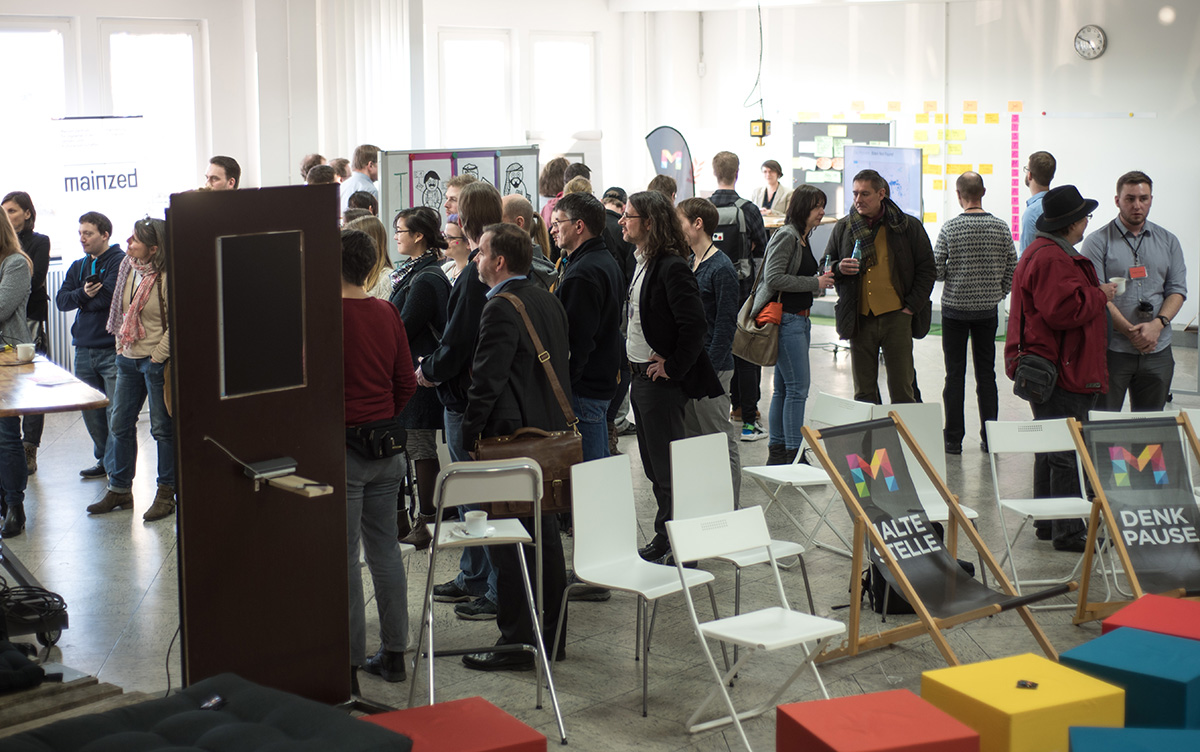
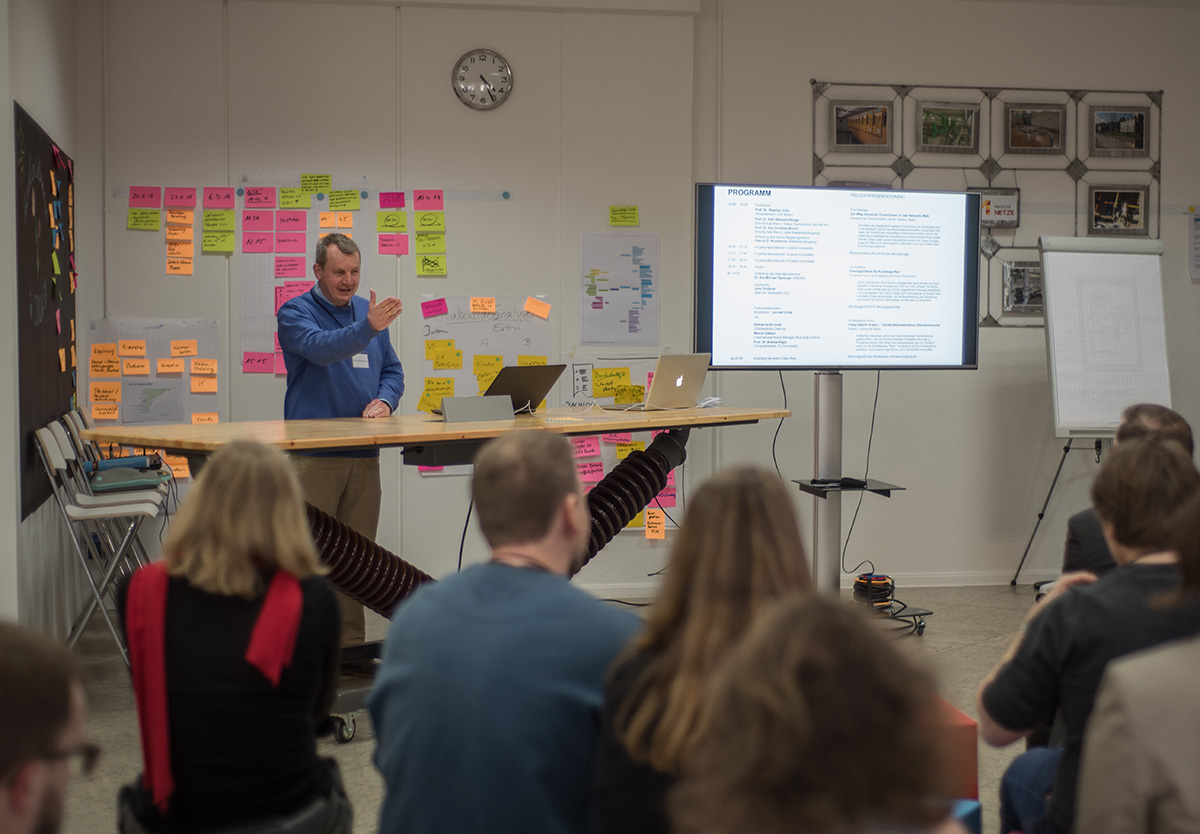
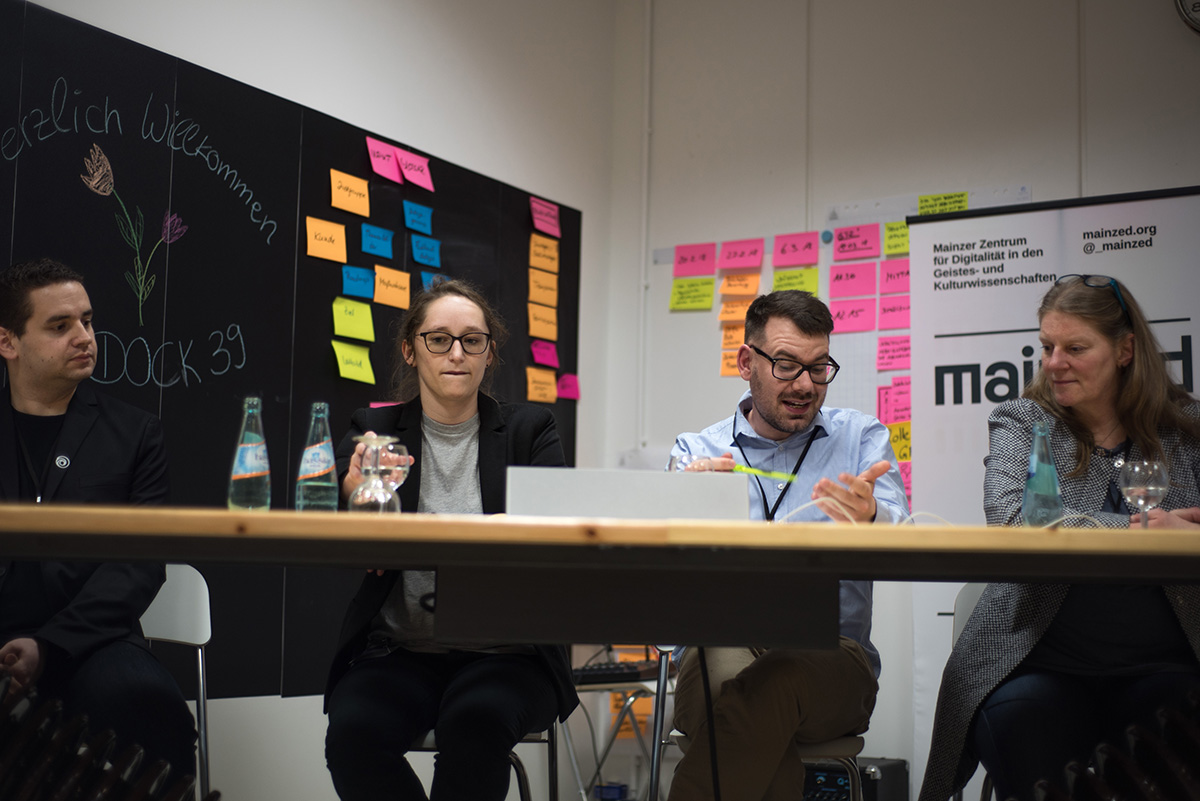
In autumn 2018, the cultural data hackathon Coding Da Vinci is going to take place in Mainz for the first time. Mainzed is involved in the preparations of this event where the mainzed network partners - the Academy of Sciences and Literature | Mainz and the Mainz University Library - will take part. Among other things, mainzed organised the information event Onboarding on 18 June 2018.
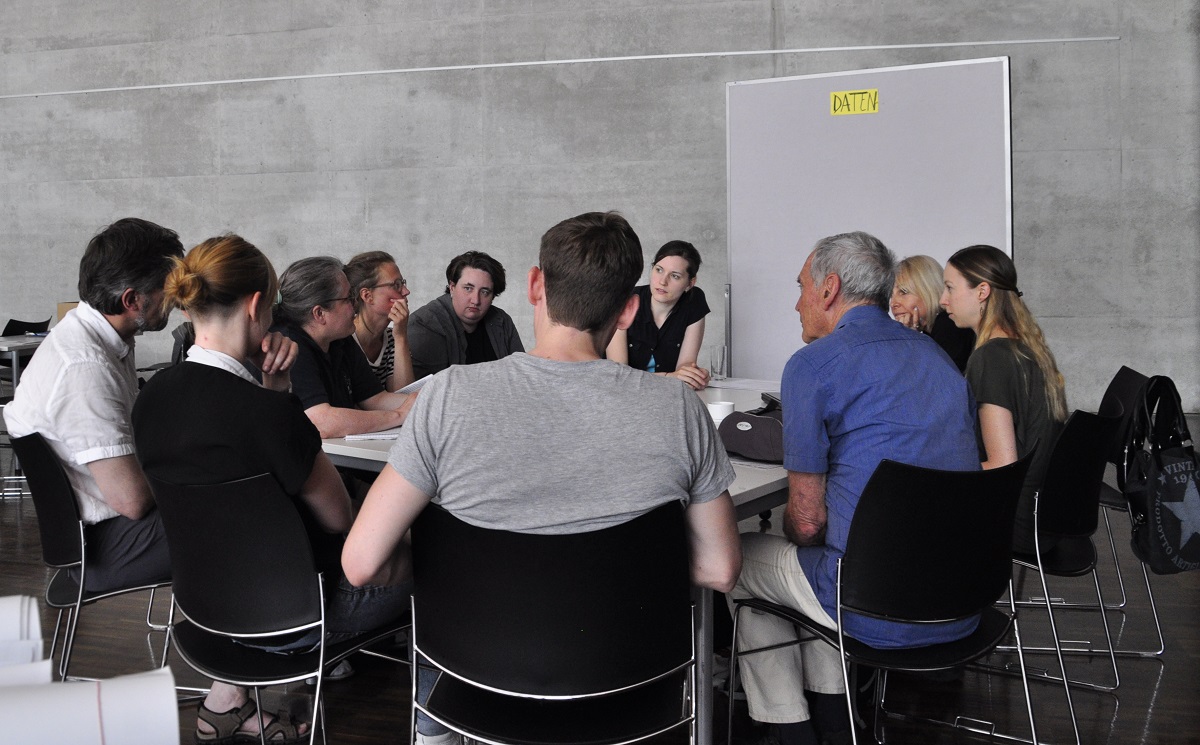
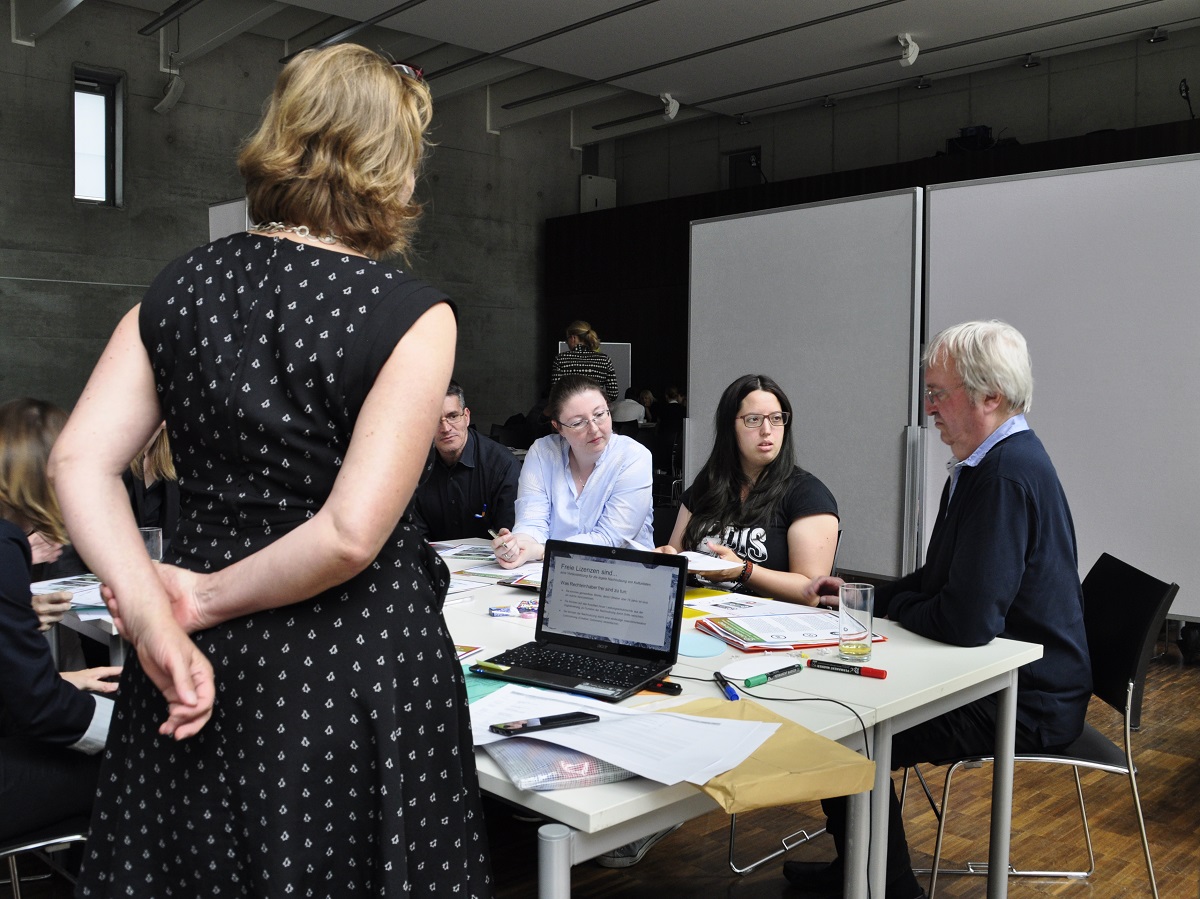
Additionally, in 2018 mainzed helped founding the AG Daten of the Mainz Research Alliance and supports it in the projects that strengthen digital competences not only in the sciences but also in the humanities (like museums, archives etc.) and promote the responsible dealing with digital data.
Further activities in transfer by mainzed were: information desks at various events, workshops and presentations as well as interviews and media reports.
Another major event organised by mainzed in this context was the Aktionstag Forschungsdaten in June 2018 which introduced the Competence Team Research Data and addressed the importance of a responsible dealing with research data in the sciences.
In spring 2018 mainzed hosted a workshop for the general directorate of cultural heritage together with the i3 mainz - Institute for Spatial Information and Surveying Technology. Its aim was to formulate requirements for the monitoring of listed Jewish graveyards of the SchUM-Cities in order to nominate them for the UNESCO World Heritage.
Organisation
In the annual report the organisation and personnel of mainzed are presented. mainzed consists of a directorate, a scientific board, a managing director, a coordinator of the initiative Digital Humanities RMU as well as a number of student assistants. The scientific board gained two new members in autumn 2017. Furthermore, in summer 2017 a student internship took place at mainzed for the first time.
After receiving start-up funding at the time of its foundation, mainzed is still using these financial means in order to finance its activities like the annual event mainzedZWEI, its study programme and the employment of its student assistants.
Media
Mainzed created further media for the purpose of advertisement for its degree programme and events. Here, some of the figures of historical personalities, historical computers and animals which can be found on posters of mainzed were turned into stand-up displays with a height of 60 cm. On top of that, a fox was introduced as a figure and is now depicted on the cover of the new FAQ flyer.
